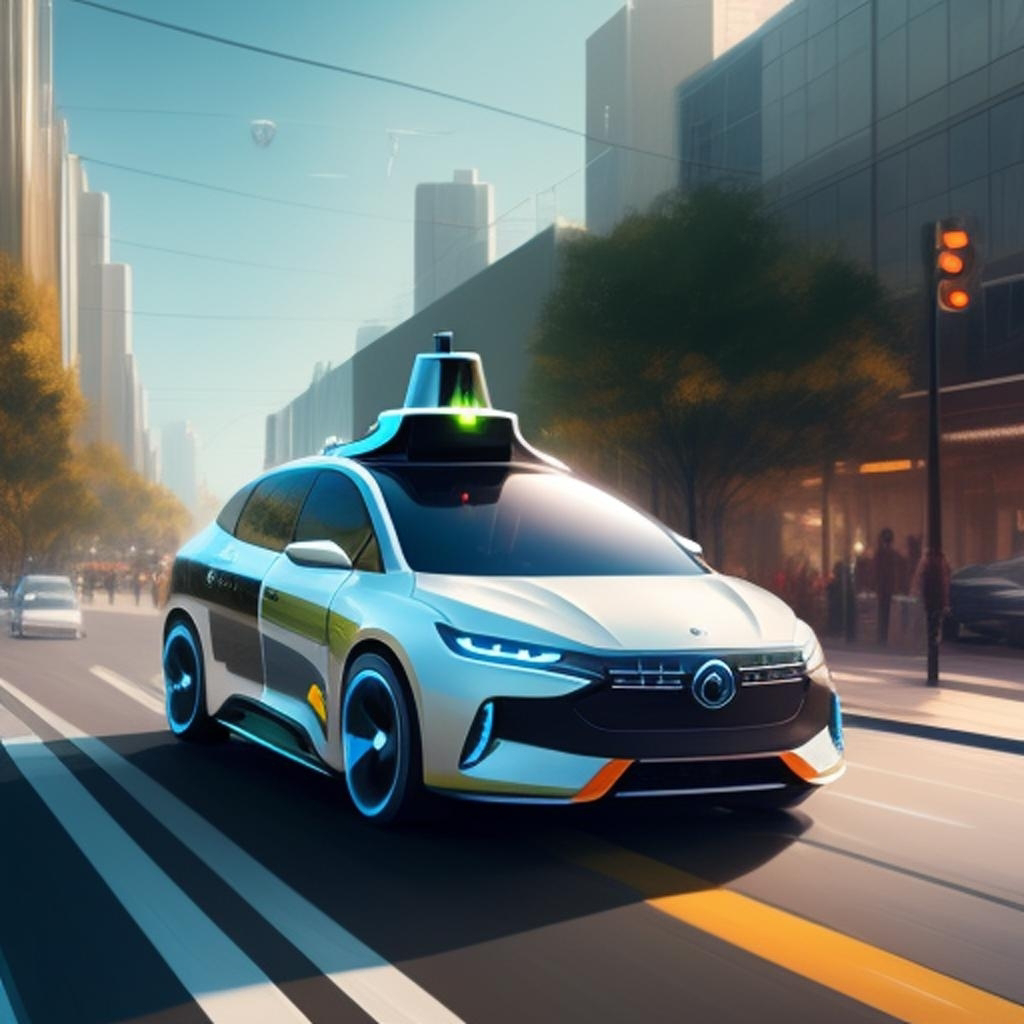Robots on the Road: How self-driving cars are paving the way for greener mobility
#MyFellowInnovationLeaders !
Daily commutes are a large source of carbon emissions, contributing to air pollution and climate change. But a new horizons revolution is on the horizon with the rapid boom in self-driving car technology. Here is the question: How do these robots on the roads contribute to making our transportation greener?
Improve fuel efficiency:
Self-driving cars can predict traffic and surrounding conditions, and adjust their speed and fuel consumption more efficiently than a human driver can. This means lower carbon emissions and fuel savings.
Removing congestion and rationalizing roads:
Traffic congestion is a major source of emissions. Thanks to their ability to self-organise, manage distances and communicate with each other, self-driving cars represent a solution to reduce congestion and use road space more efficiently, reducing fuel consumption and emissions.
Promoting public transportation:
As the cost of self-driving mobility decreases, new horizons can be opened to expand and enhance public transportation networks, encouraging individuals to abandon their private cars and use more sustainable means of transportation, thus reducing the carbon footprint of transportation as a whole.
Infrastructure improvement:
The spread of self-driving cars will lead to the development of smart, connected infrastructure, with smart traffic signals and more effective traffic management systems. This will result in a safer and more rational traffic flow, reducing fuel consumption and carbon emissions.
Challenges and opportunities:
What do you think about the role of self-driving cars in the future of transportation? What challenges do you see and how can we overcome them? Share your opinions and questions in the comments.

